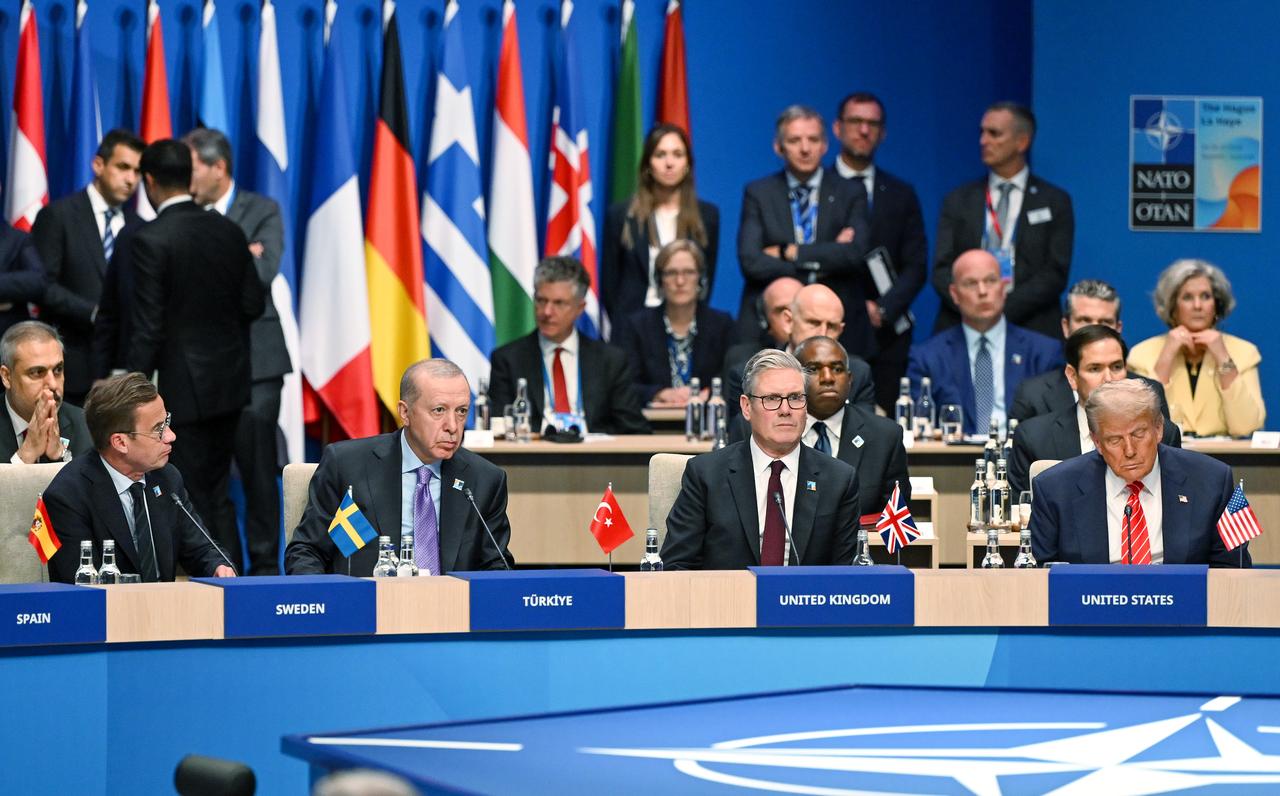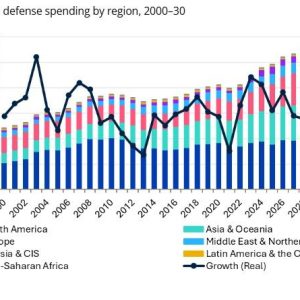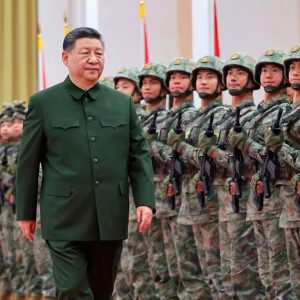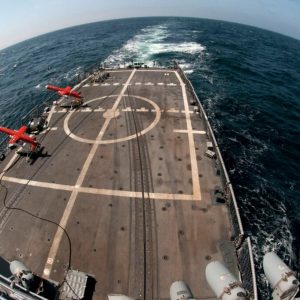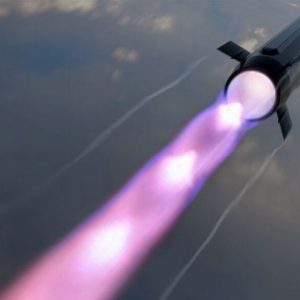Türkiye Backs NATO’s 5% Defence Spending Goal, Launches Nationwide Air Shield Initiative
Strategic Alignment: Türkiye’s Commitment to NATO’s 5% Defence Target
Türkiye has officially exceeded NATO’s defence spending guideline of 2% of GDP. According to the latest data, Türkiye allocated 2.1% of its gross domestic product to defence in 2024. This is a significant increase compared to previous years, when its spending hovered just below the threshold.
This development reflects Türkiye’s expanding defence ambitions. It also signals a renewed commitment to alliance readiness amid rising regional threats and evolving NATO priorities.
Türkiye’s Air Shield: A New Era in Homeland Protection
In tandem with its spending pledge, Türkiye is advancing plans to implement a nationwide air defence shield. This system—integrated through domestically developed platforms like SİPER, HİSAR and KORKUT, and enhanced via international partnerships—is aimed at shielding the country from evolving aerial threats, including UAV swarms and ballistic missile attacks.
According to a senior Turkish official cited by Reuters, the planned air shield will cover all critical regions and urban centers, utilizing a layered defence architecture. This aligns with NATO’s broader vision for an interoperable air and missile defence ecosystem across member states.
“We’re preparing for tomorrow’s threats, not yesterday’s,” the source emphasized, hinting at Türkiye’s focus on next-generation radar systems and AI-enhanced detection tools.
Defence Industrial Mobilization and Budgetary Implications
This major policy pivot will require a long-term reallocation of budgetary priorities. Defence analysts anticipate sustained increases in procurement budgets, R&D funding, and domestic production incentives—especially for missile systems, integrated air defence, and space-based surveillance platforms.
Türkiye’s domestic defence ecosystem, anchored by firms like ASELSAN, ROKETSAN, HAVELSAN and Turkish Aerospace, stands to benefit substantially. These firms, many of them members of SAHA İstanbul, are expected to lead the development and production of the air shield system.
NATO Interoperability and Strategic Posture
By increasing its defence budget, Türkiye strengthens its standing within NATO. It also demonstrates tangible support for the alliance’s burden-sharing principle—a critical topic among member states.
“This move enhances Türkiye’s strategic credibility and reinforces our shared security architecture,” said a NATO spokesperson.
Moreover, the higher investment supports Türkiye’s domestic defence industry, enabling greater R&D, procurement of next-generation systems, and defence exports. It also reduces reliance on foreign suppliers by funding indigenous technologies, including unmanned platforms, air defence systems, and military AI applications.
In parallel, Türkiye’s expanded budget improves operational readiness and enables more joint exercises with allies across land, air, and sea domains.

Read more on Türkiye’s indigenous SİPER air defence system and its integration into NATO architecture.
Source: Reuters – Türkiye backs NATO’s 5% defence spending goal

